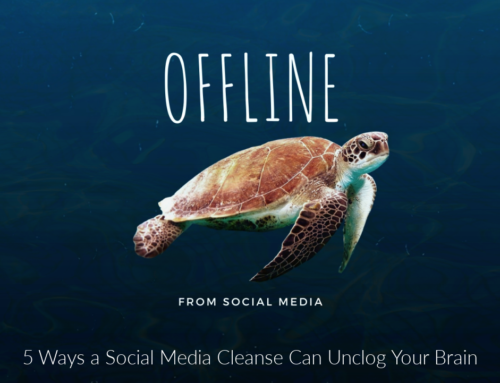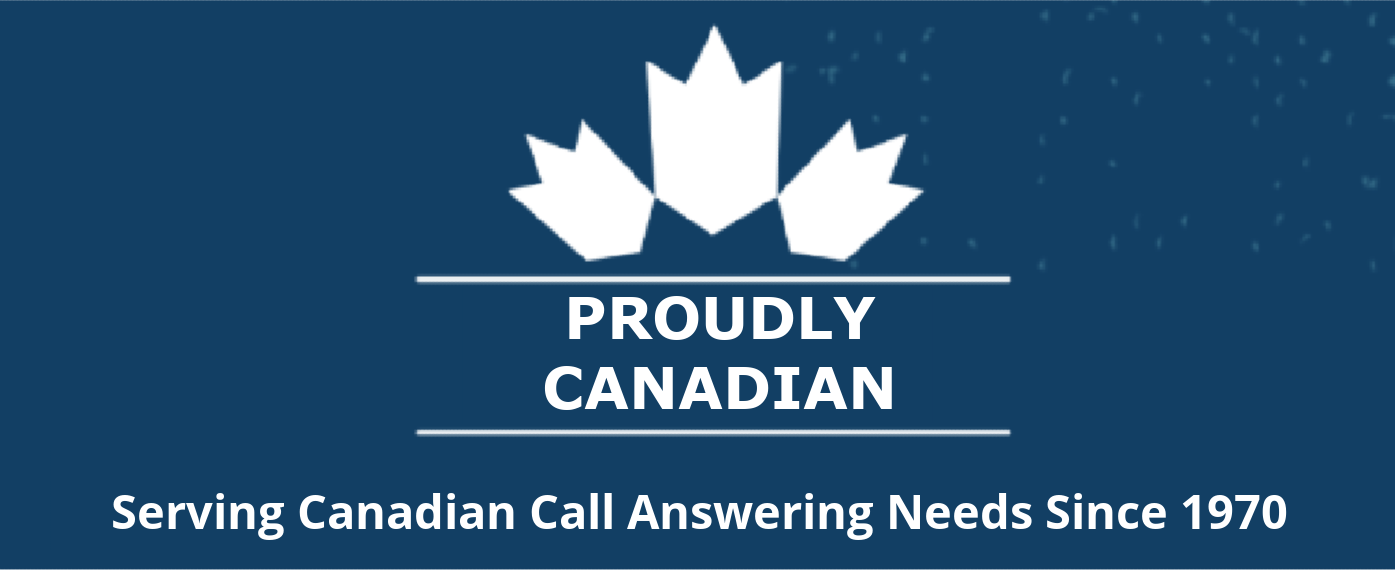Are people not hearing you through the cacophony of online marketing?
We see it all the time.
Everyone is shouting, but no one gets heard.
Have you seen a political press conference recently?
Journalists shout questions in unison until the speaker points to one and often by name.
Another example is when readers have had enough so they curate their content, allowing only trusted sources into their inbox and social media feeds.
We give attention to what matters.
I suggest we start by making “us” matter.
If we develop a relationship with our readers, they’re more likely to notice us and our content.
Our success in nurturing relationships depends on trust.
That trust happens when people believe their needs are intrinsic to our interests – that they matter.
Mark Schaefer wrote an insightful post with this ironic title: “Why it’s a very good sign that people don’t read your content.“
According to Mark, the content you produce has garnered so much loyalty followers share without reading it.
Now, whether this is a good thing or not is up for discussion.
But the takeaway is people trust your brand to the degree that the act on it without question.
It’s like recommending a Coen Brothers movie you hadn’t seen yet because you loved all their other films.
[clickToTweet tweet=”Winning client loyalty awards you the “benefit of the doubt”. via @image24call” quote=”Winning client loyalty awards you the “benefit of the doubt”.”]
Before we can matter, we need to be noticed – not a small challenge in this “content shock” world.
Want to be noticed? Be “unique”.
SEO expert, Eric Enge explains what it takes to be unique in episode 59 of his and Mark Traphagen’s “Here’s Why” series.
“Uniqueness is a huge asset in this game. It’s going to be very hard to get people interested in your 700-plus word article about tips for filling out a college application.
Thousands of variants of this article already exist, but if you create an interactive graphic where you ask people to predict what percentage of Americans go to college by income category and then show them the right answer, you could have a hit in your hands.”
Another suggestion is to take “the early mover” advantage.
“If you’re in a market where content competition is high, look for specific niches your competitors aren’t yet creating content for.”
I work as Director of Digital Marketing at i24 Call Management Solutions.
When I started, I struggled to find keywords and topics that weren’t already over-used.
I number of discussions with owner and CEO, Gary Blair made it clear that to get to the good stuff, you need to dig into good data.
Turns out there’s a lot more to call centres than answering phones.
For example, there’s:
And each of these has applications for specific industries.
Let’s get back to the “attention” thing.
How do we capture reader’s attention?
That is the realm of the copywriter.
Jasper Oldersom takes us through 7 Copywriting Secrets To Writing Insanely Addictive Content
1. Ask questions.
2. Develop a rhythm.
3. Always give examples.
4. Use future pacing.
5. Use Eye-Catching Words.
6. Tell a story.
7. Use Greased Slide Copy.
(The headline’s most important function is to compel the reader to read the first sentence.
The function of the first sentence is to get the second sentence read. And so on…)
“We get to know other people by the stories they share.”
Have your content tell a story – your story.
It’s the only way to make a compelling connection with your audience.
By adding relevant data in the form of statistics, you appeal emotionally and intellectually.
“Persuade the rational brain, but also resonate with the emotional brain.” ~ Jennifer Aaker










